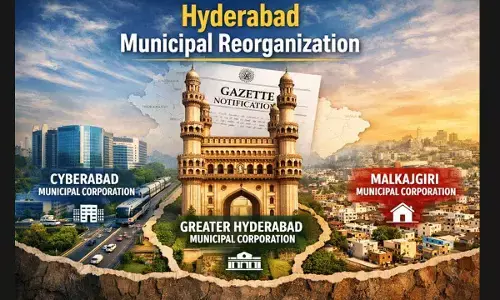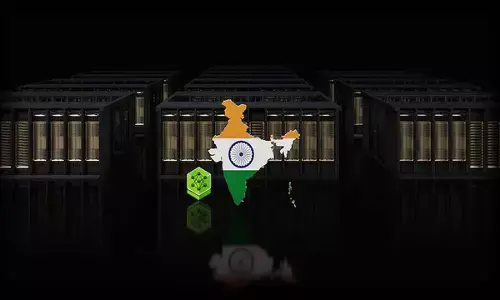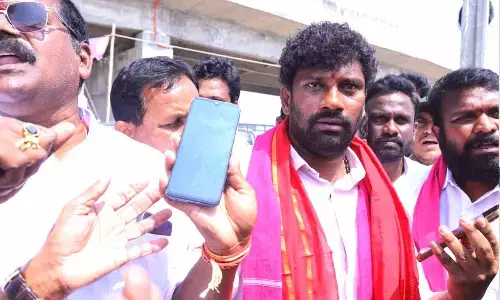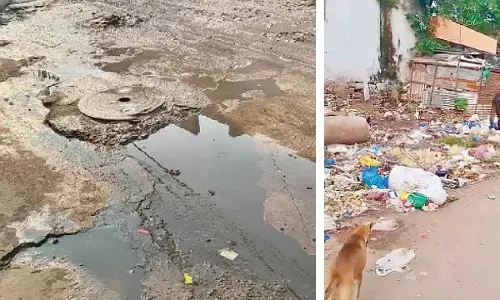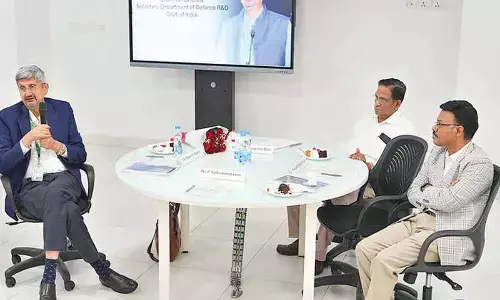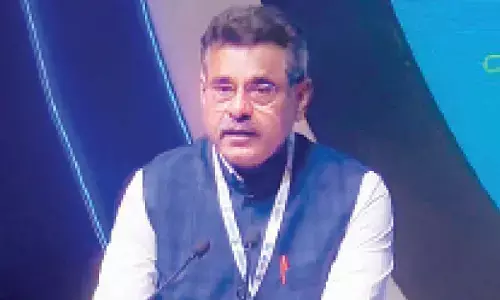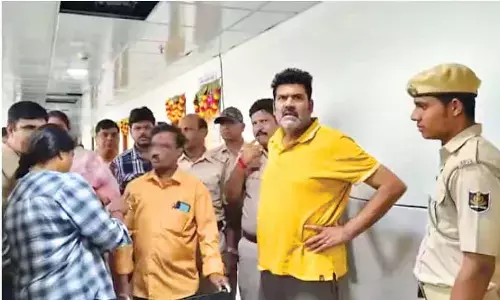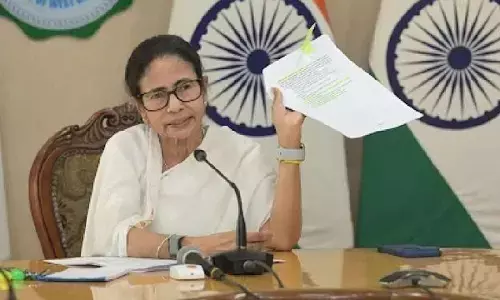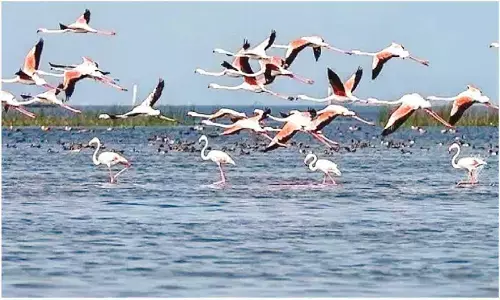All you need to know about Legendary Singer S P Balasubrahmanyam
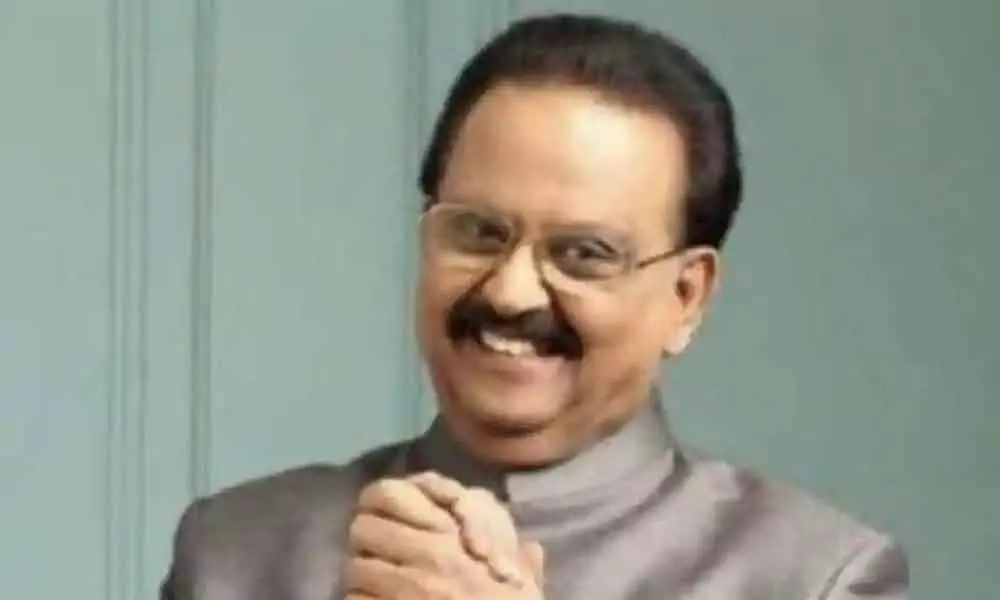
Singer SP Balasubrahmanyam
The Legendary singer SP Balasubrahmanyam has the rare distinction of rendering the most songs on a single day by any singer.
The Legendary singer S P Balasubrahmanyam has the rare distinction of rendering the most songs on a single day by any singer. He has recorded 21 songs in Kannada for the composer Upendra Kumar in Bangalore from 9:00 am to 9:00 pm on 8 February 1981 and 19 songs in Tamil, 16 songs in Hindi in a day which is a notable achievement and a record.
He established a prolific career. "There were days when I used to record 15–20 songs, but only for Anand-Milind. And I would take the last flight back to Chennai. In the 1970s, he also worked with M. S. Viswanathan in Tamil movies for actors such as M. G. Ramachandran, Sivaji Ganesan and Gemini Ganesan. He recorded duets with P. Susheela, S. Janaki, Vani Jayaram and L. R. Eswari. Balasubrahmanyam's association with Ilaiyaraaja began even before Ilaiyaraaja came to the cine field. In those days, SPB used to sing in towns and villages all over south India and Ilaiyaraaja, then an unknown harmonium and guitar player accompanied SPB by playing in his concerts.
He was born in Nellore into a Telugu family. His father late S. P. Sambamurthy, was a Harikatha artist who had also acted in plays. His mother was Sakunthalamma. He has two brothers and five sisters, including singer S. P. Sailaja His son is S. P. Charan who is also a popular South Indian Singer, Actor and a Producer.
Balasubrahmanyam developed an interest towards music at an early age, studied notations and learned music. He enrolled at JNTU College of Engineering Anantapur with the intention of becoming an engineer. He discontinued his studies early due to typhoid and joined as an Associate Member of the Institution of Engineers, Chennai.
He continued to pursue music during his engineering studies and won awards at singing competitions. In 1964, he won the first prize in a music competition for amateur singers organised by the Madras-based Telugu Cultural Organisation. He was the leader of a light music troupe composed of Anirutta (on the harmonium), Ilaiyaraaja (on guitar and later on harmonium), Baskar (on percussion), and Gangai Amaran (on guitar). He was selected as the best singer in a singing competition which was judged by S. P. Kodandapani and Ghantasala. Often visiting music composers seeking opportunities, his first audition song was "Nilave Ennidam Nerungadhe". It was rendered by veteran playback singer P. B. Srinivas, who used to write and give him multi-lingual verses in Telugu, Tamil, Hindi, Kannada, Malayalam, Sanskrit, English and Urdu.
Balasubrahmanyam made his debut as a playback singer on 15 December 1966 with Sri Sri Sri Maryada Ramanna, a Telugu film scored by his mentor, S. P. Kodandapani. The first Non-Telugu song that he recorded just eight days after his debut Telugu song was in Kannada in 1966 for the film Nakkare Ade Swarga, starring Kannada comedy stalwart T. R. Narasimharaju. He recorded his first Tamil song "Athaanodu Ippadi Irundhu Eththanai Naalaachu", a duet with L.R. Eswari in the music direction of M. S. Viswanathan for the film Hotel Ramba. Other early songs he sang were duets with P. Susheela and S Janaki.
Balasubrahmanyam came to international prominence with the 1980 film Sankarabharanam. The film is considered to be one of the best films ever to emerge from the Telugu film industry. Directed by K. Vishwanath, the film's soundtrack was composed by K.V. Mahadevan and led to an increase in the usage of Karnatak music in Telugu cinema. Not a classically trained singer, he used a "film music" aesthetic in recording the songs. Balasubrahmanyam received his first National Film Award for Best Male Playback Singer for his work. His first work in Hindi films was in the following year, in Ek Duuje Ke Liye (1981), for which he received another National Film Award for Best Male Playback Singer.


